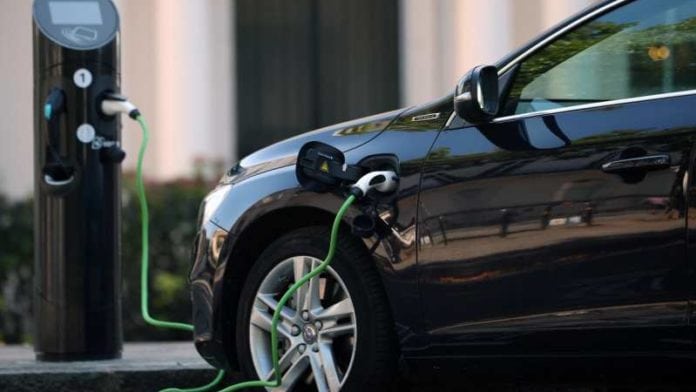
ACCORDING to research house, SFA Oxford, hydrogen-powered batteries benefit from a chemical process called electrolysis which uses electricity to split water into hydrogen and oxygen.
The hydrogen can then be stored and used to power a fuel cell, a stationary fuel cell system, or for power-to-other applications such as power-to-heat or power-to-liquid fuels.
The only by-products of the chemical reaction are electricity, heat and water, therefore hydrogen electrolysis can play an important part in improving local air quality and helping to avert global warming.
Importantly, electrolysis is the enabling technology that will ultimately supply power to fuel cell electric vehicles (FCEVs), but will probably first serve as an energy source before finding an end-used in heavy duty vehicles before it’s popular among passenger vehicles.
Said SFA Oxford: “For FCEVs to come credible, they must achieve the same fast fuelling and long range as fossil-fuelled vehicles and the same low emissions at the point of use as battery electric vehicles (BEVs), all at a competitive cost.
“Automakers need a viable hydrogen fuelling infrastructure before they can fully resource the development of such competitive fuel cell vehicles.”
That’s not stopping the innovators.
Angelo Kafantaris, CEO of Los Angeles-based firm, Hyperion Companies, told Bloomberg News his company can build a supercar that using hydrogen technology will speed to 60 kilometres per hour in 2.2 seconds and travel 1,000 miles before running out of fuel. “We’re proposing what the penultimate hydrogen car should be,” said Kafantaris. “This car is meant to showcase the beauty of hydrogen.”
Tesla’s view on hydrogen fuel cells? “Mind-bogglingly stupid,” said the firm’s CEO, Elon Musk in a recent interview with Bloomberg News, commenting on the difficulty of storing hydrogen.
There are only 44 hydrogen filling stations in the US, mostly in California whilst consumers only have three hydrogen models to choose from currently produced by Honda, Hyundai and Toyota. To date, US consumers have bought about 8,000 hydrogen-powered cars and sales declined last year.
The mining industry has been boosted by increased demand for metals such as nickel which are used by industrialists like Musk for the batteries that go into electric vehicles (EVs).
In the case of Tesla, its Shanghai-based Gigajoule factory is expected to increase capacity of EVs 570% over the next decade to 248 gigawatt hours, according to data company, Benchmark Mineral Intelligence. One GWh of battery capacity is enough for 18,000 cars on average.
BloombergNEF said in a report earlier this year that global passenger EV sales will be just shy of 26 million vehicles by 2030. Total all-segment user demand for lithium-ion batteries, the most popular type of battery technology currently in use for EVs, will still be over 2,000GWh by 2030, the report said.











